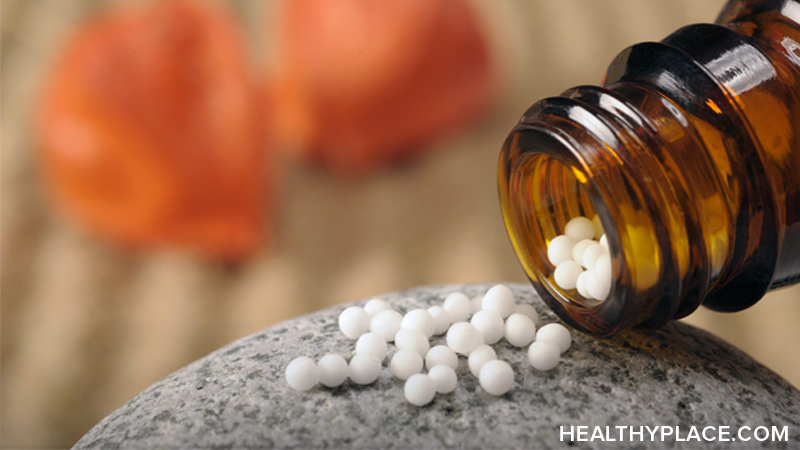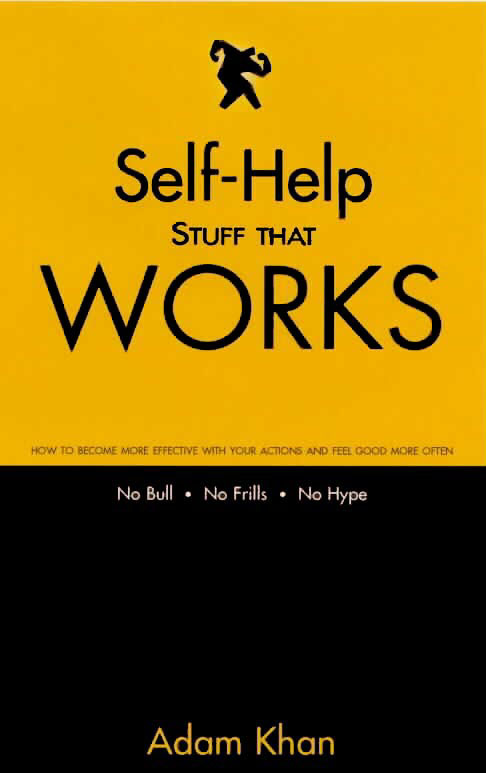Pillar of Strength
Chapter 20 of the book Self-Help Stuff That Works
by Adam Khan:
IN HIS BOOK Grinding it Out, Ray Kroc, the man who made McDonald's what it is today, wrote about his father. Kroc senior was a hard-working man who was doing well in real estate before the Depression, expanding his holdings and using credit to extend himself even further. "When the market collapsed, he was crushed beneath a pile of deeds he could not sell," wrote Kroc. "The land they described was worth less than he owed. This was an unbearable situation for a man of my father's principled conservatism. He died of a cerebral hemorrhage in 1930. He had worried himself to death. On his desk the day he died were two pieces of paper - his last paycheck from the telegraph company and a garnishment notice for the entire amount of his wages."
Bad stuff happens, and sometimes it's big. You don't want it to crush you. You want to be strong. So start now taking every small bad thing that happens as an opportunity to repeat this idea to yourself:
There will be an advantage in this. I will find it or I will make it.
Repeat it until you see or can make an advantage out of it. If you will do this, you will stand as a fortress of strength for your family in situations that would make lesser men and women collapse in hopelessness. This idea is not some namby-pamby, rah-rah, positive-thinking nonsense. It is a source of tremendous strength. It may save your life some day. For sure it will be good for your health. Ingrain that thought - make that pathway through your brain well-worn - and you'll be able to face up to difficulties that would make a mere mortal crawl and whimper.
Arnold Schwarzenegger is more successful than most people know. He's made a lot of money with his films and married a Kennedy, but he's also a smart and successful businessman outside of the movie business, with real estate, books, restaurants, and fitness clubs. He is hugely successful. In his autobiography, he wrote,
I didn't get certain things I needed as a child, and that, I think, finally made me hungry for achievement...If I'd gotten everything and been well-balanced, I wouldn't have had my drive. [Because of] this negative element in my upbringing, I had a positive drive toward success...
He held up under the strain and turned it to his advantage. He didn't let it crush him because of the way he thinks. This strength is within your grasp: Find or make an advantage in everything that happens.
Find a way to turn your problems into an advantage.
Why aren't we more positive naturally? Why does it seems our minds and the minds of those around us gravitate toward the negative? It's not anyone's fault. It is merely the product of our evolution. Read about how it came about and what you can do to improve your general positivity:
Unnatural Acts
Would you like to learn more about the fine art of positive thinking? Would you like to behold the power of positive thinking? How about the power of anti-negative thinking? Check this out:
Positive Thinking: The Next Generation
How can you take the insights from cognitive science and make your life have less negative emotion in it? Here's another article on the same subject but with a different angle:
Argue With Yourself and Win!
next: Meanings and Feeling
APA Reference
Staff, H.
(2008, October 29). Pillar of Strength, HealthyPlace. Retrieved
on 2026, January 11 from https://www.healthyplace.com/self-help/self-help-stuff-that-works/pillar-of-strength



